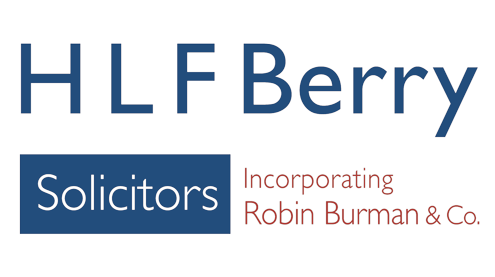Your Guide To The Tenant Fees Act 2019
New legislation for tenant fees came into force on 1 June 2019 and affects all tenants entering into Housing Act Tenancies from this date onwards. These are the most common type of tenancy and include Assured Shorthold Tenancies, licences to occupy and student lets where the accommodation is owned by the University.
The Tenant Fees Act 2019 is an important update to the legislation for tenants, landlords and letting agents as it means that a number of fees previously allowed for tenants are now banned.
Tenancies in existence before 1 June 2019 have a one-year grace period so the new Act won’t affect these tenancies until 1 June 2020.
What Is The Tenant Fees Act?
The Act limits the type and amount of payments landlords and letting agents can ask from tenants of private tenancies, including most assured shorthold tenancies, student housing, and lodger agreements.
Various payments are no longer allowed unless stated as a permitted payment under the Act.
Permitted Payments
Under the Act, permitted payments include:
- Tenancy deposits
- Late payment of rent
- Holding deposits, limited to one week’s rent
- Changing the terms of the tenancy
- Key loss
- Ending the tenancy early
- Council Tax
- TV licence
- Utilities and communications such as electricity and internet
Prohibited Payments
A number of fees for tenants are no longer allowed – and this applies for all agreements with the tenant as well as with their guarantor or anyone acting on their behalf – including:
- Set up fees
- Viewing fees
- Credit check fees
- Checkout fees
- Professional cleaning services fees
What Happens If The Act Is Not Followed?
The Act states that if a landlord or letting agent does not abide by the new law, they will face a penalty of up to £5,000 for every breach of a prohibited payment or repayment obligation. If a further breach is committed within five years of the penalty being given, a new penalty of up to £30,000 can be imposed.
The relevant local authority requires the landlord or letting agent to repay the tenant for any prohibited payment made or to repay the holding deposit plus interest.
The Act enables the tenant to apply to the First Tier Tribunal for the return of any outstanding amounts of prohibited payments or holding deposits.
What The Tenant Fees Act 2019 Means To You
Property law is complex and this latest legislation is no exception. It is an important piece of law for landlords and letting agents, as well as tenants, as it states what is now permitted when it comes to fees for tenants in tenancies from 1 June 2019.
To find out more about the Act and what it means to you, our property solicitors are here to help. We can provide tailored advice and guidance to help ensure you don’t unintentionally breach the new legislation.
To speak to our specialist team, please contact us at our Chorlton office on 0161 860 7123 or our Failsworth office on 0161 681 4005 or email chorlton@hlfberry.com






